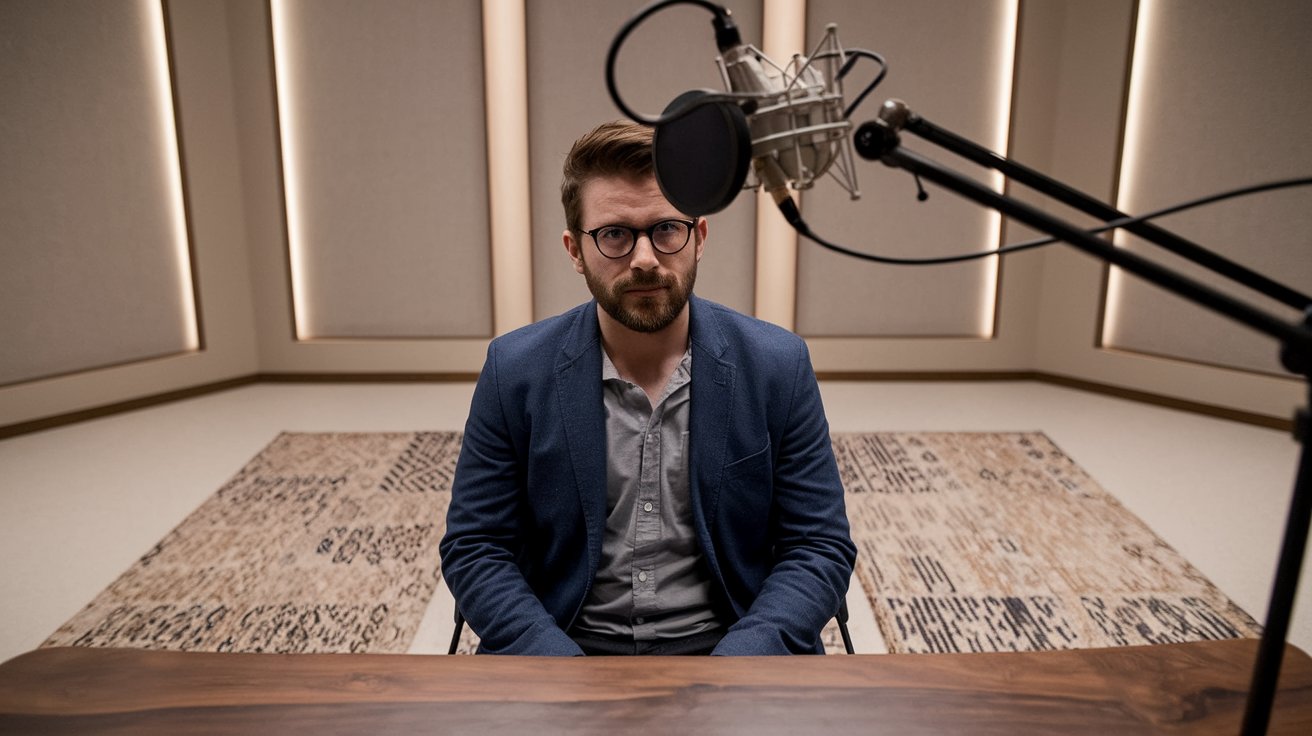
Ethical Voice Cloning: Navigating AIdeaFlow's Impact on Content Creation
In recent years, the emergence of voice cloning technology has revolutionized content creation, allowing for the creation of lifelike audio recordings that can mimic human speech with astonishing accuracy. However, as this powerful tool becomes more accessible, ethical considerations surrounding its use have come to the forefront. The potential for misuse, including identity theft and misinformation, raises critical questions about the responsibilities of content creators and platforms like AIdeaFlow in navigating this landscape. In this blog post, we will explore the ethical implications of voice cloning, the capabilities of AIdeaFlow, and how we can harness this technology responsibly.
Understanding Voice Cloning
What is Voice Cloning?
- Definition: Voice cloning is the process of using artificial intelligence (AI) to create synthetic speech that closely resembles a specific person's voice.
- Techniques: It typically involves deep learning algorithms that analyze voice recordings to replicate vocal characteristics such as tone, pitch, and inflection.
- Applications: Commonly used in audiobooks, podcasts, video games, and virtual assistants.
The Rise of Voice Cloning Technology
- Advancements in AI: Improvements in machine learning have made voice cloning more accessible and realistic.
- Increased Demand: As content consumption grows, the demand for diverse audio content has surged, driving innovation in voice synthesis.
- Market Growth: The voice synthesis market is projected to grow significantly in the coming years, reflecting its increasing adoption across various industries.
Ethical Considerations in Voice Cloning
The Risks of Misuse
- Identity Theft: Cloning a celebrity or public figure's voice can lead to impersonation and fraud.
- Misinformation: Synthetic voices can be used to create misleading audio content, contributing to the spread of fake news.
- Consent Issues: Without explicit permission, cloning someone's voice raises legal and ethical concerns regarding ownership and rights.
The Importance of Consent
- Informed Consent: It is crucial that individuals provide clear and informed consent before their voice is cloned.
- Legal Frameworks: Many jurisdictions are beginning to introduce laws governing the use of voice cloning technology.
- Transparency: Content creators should disclose the use of voice cloning to maintain transparency with their audiences.
AIdeaFlow: A Platform for Ethical Content Creation
What is AIdeaFlow?
- Overview: AIdeaFlow is an innovative platform designed to facilitate the creation of AI-powered podcasts and audio content.
- Features: It offers tools for voice cloning, editing, and production, enabling users to generate high-quality audio content quickly.
- User Base: Targeted towards content creators, marketers, and educators seeking to enhance their audio storytelling.
How AIdeaFlow Addresses Ethical Concerns
- Consent Management: AIdeaFlow incorporates features that ensure users can only clone voices with proper consent.
- Ethical Guidelines: The platform promotes best practices and guidelines to help users navigate ethical dilemmas.
- Community Engagement: AIdeaFlow fosters a community of responsible creators who share insights on the ethical use of technology.
Navigating Ethical Challenges in Content Creation
Best Practices for Ethical Voice Cloning
- Obtain Consent: Always seek explicit permission from individuals before cloning their voices.
- Use Anonymity: When possible, opt for voice models that do not represent real people to minimize ethical issues.
- Educate Users: Provide resources and training for users on the ethical implications of voice cloning.
Creating an Ethical Framework
- Develop Policies: Establish clear policies that outline acceptable use cases for voice cloning within your organization.
- Regular Audits: Conduct regular audits of voice cloning projects to ensure compliance with ethical standards.
- Feedback Mechanisms: Implement systems for users to report unethical use of voice cloning technology.
The Future of Voice Cloning in Content Creation
Emerging Trends
- Personalization: As technology advances, personalized voice cloning for user-specific content is becoming more common.
- Integration with Other Technologies: Voice cloning will increasingly integrate with virtual reality (VR) and augmented reality (AR) for immersive experiences.
- Collaboration Opportunities: Voice cloning opens doors for collaboration among content creators, enabling unique storytelling methods.
The Role of AIdeaFlow in Shaping the Future
- Innovative Features: AIdeaFlow continues to evolve, adding new features that prioritize ethical use of voice cloning.
- Partnerships: Collaborating with organizations focused on ethical AI helps AIdeaFlow stay ahead of the curve in responsible technology use.
- Advocacy for Standards: AIdeaFlow advocates for industry standards in voice cloning, promoting best practices among content creators.
Conclusion
Voice cloning technology presents both exciting opportunities and ethical challenges for content creators. As platforms like AIdeaFlow pave the way for innovative audio content creation, it is imperative that we navigate this landscape with a strong ethical framework. By prioritizing consent, transparency, and responsibility, we can harness the power of voice cloning to enhance storytelling while mitigating the risks associated with this technology. Together, we can shape a future where AI enhances creativity without compromising ethical standards.